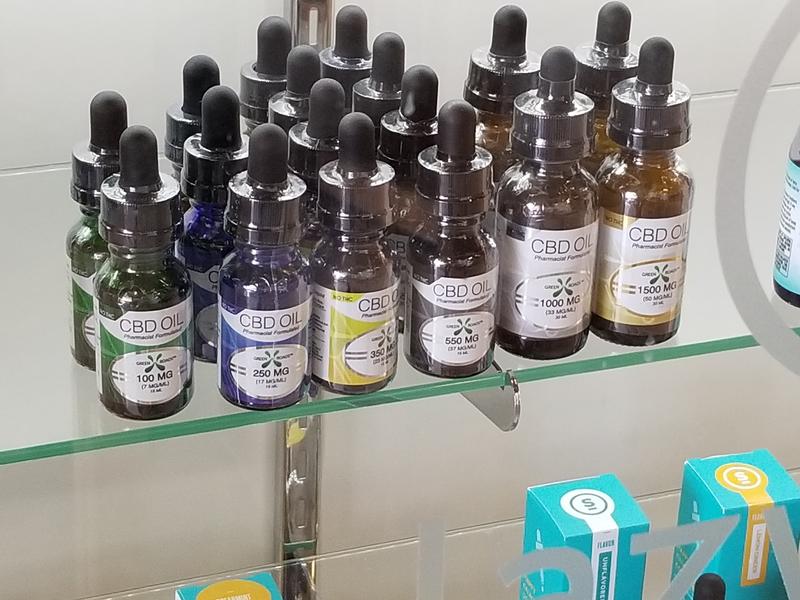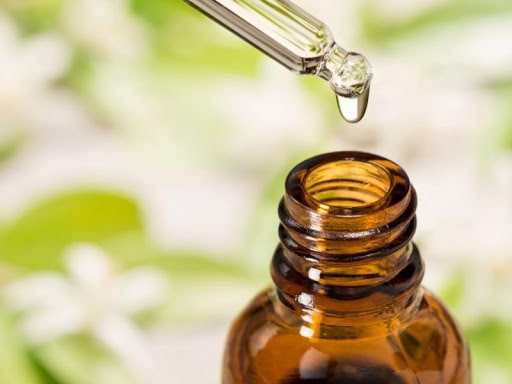Cannabidiol (CBD) is a naturally occurring compound found in the resinous flower of hemp, a plant with a rich history as a medicine dating back thousands of years. Today, scientists and physicians around the world are testing and confirming the therapeutic properties of CBD. A safe and non-addictive substance, CBD is one of more than one hundred “phytocannabinoids,” which are unique to hemp and give the plant its robust therapeutic profile.
CBD is closely related to another important medicinally active phytocannabinoid: tetrahydrocannabinol (THC), the compound that causes the psychoactivity for which hemp is famous. These are the two components of hemp that have been most studied by scientists.
Both CBD and THC have significant therapeutic attributes. But unlike THC, CBD does not make a person feel “high” or intoxicated. This is because CBD and THC act in different ways on different receptors in the brain and body. CBD can actually decrease or neutralize the psychoactive effects of THC, depending on how much of each compound is consumed.
Many people want the health benefits of hemp without the psychoactivity, or with at least very little of it. The fact that CBD is therapeutically potent and non-intoxicating, and easy to take as a CBD oil, makes it an attractive treatment option for those who are cautious about trying hemp for the first time.

CBD: THE MULTI-PURPOSE MOLECULUS
Many people are looking for alternatives to pharmaceuticals with severe side effects: medicine is more in tune with natural processes. By tapping into how we function biologically on a deep level, CBD can provide relief for chronic pain, anxiety, inflammation, depression and many other conditions.
Extensive scientific research, much of it sponsored by the U.S. government, AND growing anecdotal accounts from patients and physicians highlight CBD’s potential as a treatment for a wide range of conditions, including (but not limited to):
- Autoimmune diseases (inflammation, rheumatoid arthritis)
- Neurological conditions (Alzheimer’s, dementia, Parkinson’s, multiple sclerosis, epilepsy, Huntington’s chorea, stroke, traumatic brain injury)
- Metabolic syndrome (diabetes, obesity)
- Neuropsychiatric disease (autism, ADHD, post-traumatic stress disorder, alcoholism) – Gut disorders (colitis, Crohn’s disease)
- Cardiovascular dysfunction (atherosclerosis, arrhythmia)
- Skin disease (acne, dermatitis, psoriasis).
CBD has demonstrated neuroprotective effects and its anti-cancer properties are being investigated at several academic research centers in the United States and elsewhere. A 2010 brain cancer study by California scientists found that CBD “enhances the inhibitory effects of THC on the proliferation and survival of human glioblastoma cells.”
This means that CBD makes THC even more potent as an anti-cancer substance. Also in 2010, German researchers reported that CBD stimulates neurogenesis, the growth of new brain cells, in adult mammals.
HOW DOES CBD WORK?
CBD and THC interact with our bodies in a variety of ways. One of the main ways they impact us is by mimicking and enhancing the effects of compounds in our bodies called “endogenous cannabinoids,” so named because of their similarity to compounds found in the herbal plant. These “endocannabinoids” are part of a regulatory system called the “endocannabinoid system.”
The discovery of the endocannabinoid system has significantly improved our understanding of health and disease. It has important implications for almost every area of medical science and helps explain how and why CBD and THC are such versatile compounds, and why herbal is such a widely mood-altering plant, despite its illegal status.
The endocannabinoid system plays a crucial role in regulating a wide range of physiological processes that affect our daily experience: our mood, our energy level, our gut strength, immune activity, blood pressure, bone density, glucose metabolism, how we experience pain, stress, hunger and more.
To learn more, please visit www.healthtechzone.com to get more useful info.




